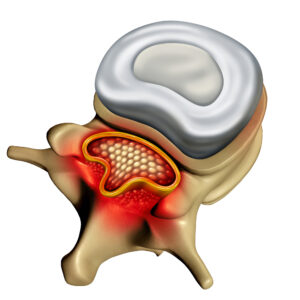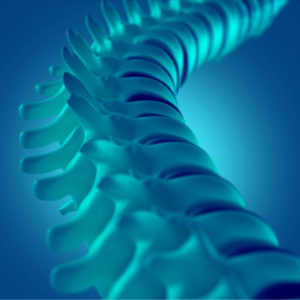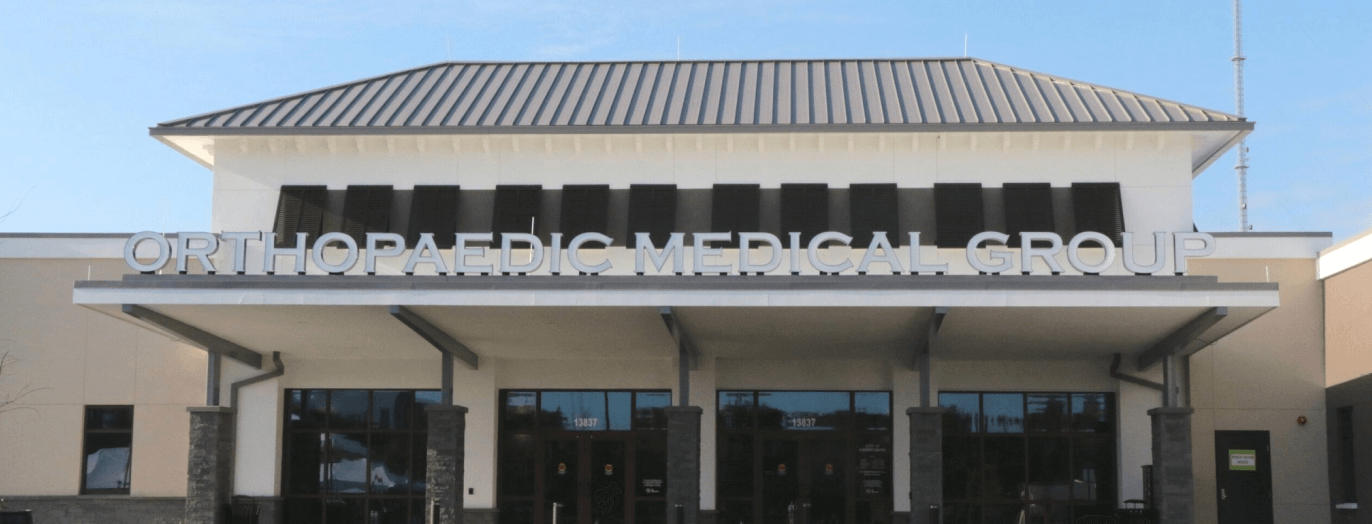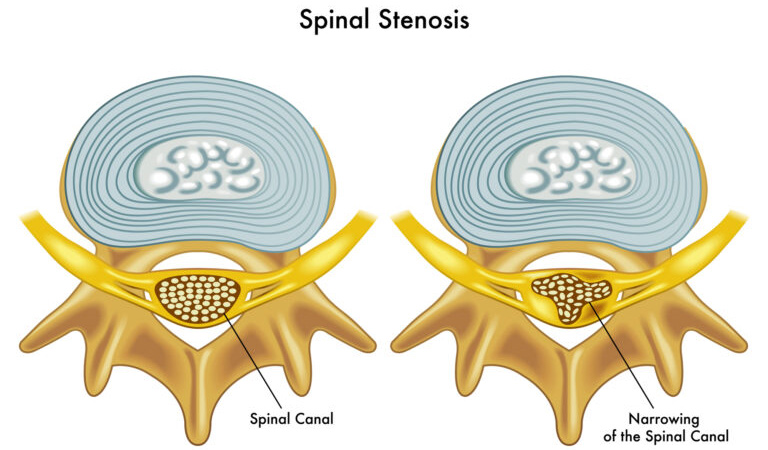
Spinal stenosis is a condition caused by the abnormal narrowing of the spinal canal, which creates pressure on the spinal cord and nerves, causing deep pain as the space decreases. Often times this painful condition is due to the natural aging process, in adults 50 and older, but can also result from any number of underlying causes or diseases. Spinal stenosis can occur in any region of the spine but is most commonly found in the lower back, or the lumbar region.
While there are many medical issues which can lead to spinal stenosis, or other painful spinal conditions, there are numerous treatment options available, both non-surgical and surgical, to control the symptoms and alleviate the pain. If you believe you are showing signs or symptoms of spinal stenosis, please visit our contact page or call the Orthopaedic Medical Group of Tampa Bay (813-684-BONE (2663)) to speak with a member of our medical team to discuss your symptoms and schedule an appointment for evaluation.
What Causes Spinal Stenosis?
From diseases present at birth to injury to changes in the stability and density of the spine, spinal stenosis can be caused by any number of reasons.
Common causes include:
- Aging
- Degenerating, bulging or herniated discs
- Spinal injury or trauma
- Obesity
- Scoliosis
- Spinal tumors or other irregular growths of soft tissue
- Arthritis: Rheumatoid or osteoarthritis
- Congenital deformities or disease
Symptoms of Spinal Stenosis
Signs of spinal stenosis will vary, depending on the individual, underlying causes, and the exact location of the narrowing of the spinal canal.
Common symptoms include:
- Intense pain in the lower back or shoulders
- Pain and discomfort while sitting or standing
- Pain or weakness in the lower extremities
- Traveling pain from the shoulders to legs
- Muscle weakness
- Numbness or tingling in the shoulders or legs
Severe cases of spinal stenosis can also lead to loss of bladder control or bowel functions, even sexual dysfunction.
How is Spinal Stenosis Diagnosed?
There are many state-of-the-art diagnostic tools available to the doctors, surgeons and medical technologists at the Orthopaedic Medical Group of Tampa Bay to help determine the exact causes and location of your spinal stenosis.
Generally, the diagnosis process will include:
- Detailed medical history is taken with specific questions related to your symptoms, pain and lifestyle
- Complete physical exam to pinpoint the source of your pain, tests for flexibility and muscle strength
- Medical imaging such as an MRI, CT scan, and X-rays
- Electro-diagnostics to test how your nerves or spinal cord are affected
What is the Best Treatment for Spinal Stenosis?
At the Orthopaedic Medical Group of Tampa Bay, we have found conservative treatment plans are often the best approach in treating spinal stenosis and will also provide maximum pain relief.
Treatment plans may include:
- Prescribed detailed exercise regimen, such as riding a stationary bike, walking or swimming
- Physical therapy plan focusing on stretching or strength exercises
- Acetaminophen or non-steroidal anti-inflammatory drugs, or other prescribed medications
- Weight loss
- Lumbar epidural steroid or anesthetic injections
In some cases, minimally-invasive surgery may be required to create the necessary space for the spinal cord and nerve roots, alleviating the pressure causing the deep pain. Our team of doctors and physician assistants are dedicated to providing patients with the best outcomes for their condition. Your doctor at the Orthopaedic Medical Group of Tampa Bay will discuss with you all non-surgical treatment options available for your specific spinal stenosis as well as surgical options if necessary.
Spinal stenosis is a painful condition which can negatively affect your day-to-day lifestyle. At the Orthopaedic Medical Group of Tampa Bay, we have many years of experience in successfully treating spinal stenosis, and helping patients return to a pain free and normal lifestyle. Please contact the Tampa office of the Orthopaedic Medical Group of Tampa Bay and let our highly skilled team of medical professionals help you.
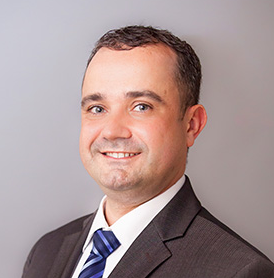
Dr. Edward H. Becker is a Subspecialty Certified Sports Medicine Surgeon and General Orthopaedic Specialist. He earned his B.S. degree in biological sciences from the University of Maryland, Baltimore County and his MD from University of Maryland School of Medicine. After medical school, Dr. Becker continued his training as a resident in the Department of Orthopaedic Surgery at the University of Maryland Medical Center and R Adams Cowley Shock Trauma Center. After completion of his residency, Dr. Edward Becker elected to further his training in Sports Medicine and was selected to do a fellowship at the world renowned Kerlan-Jobe Orthopaedic Clinic in Los Angeles, California. He has worked with numerous college athletic programs and professional teams including the world champion Los Angeles Kings, Los Angeles Lakers, Los Angeles Dodgers, Los Angeles Sparks, Anaheim Angels, Anaheim Ducks. Dr. Becker has been with the Orthopaedic Medical Group of Tampa Bay since 2013. Full Bio


